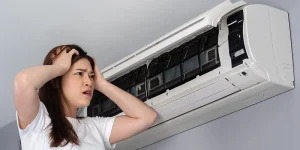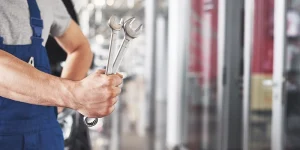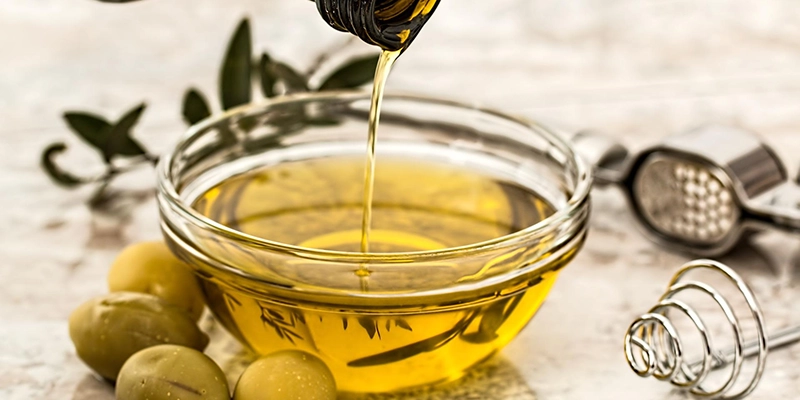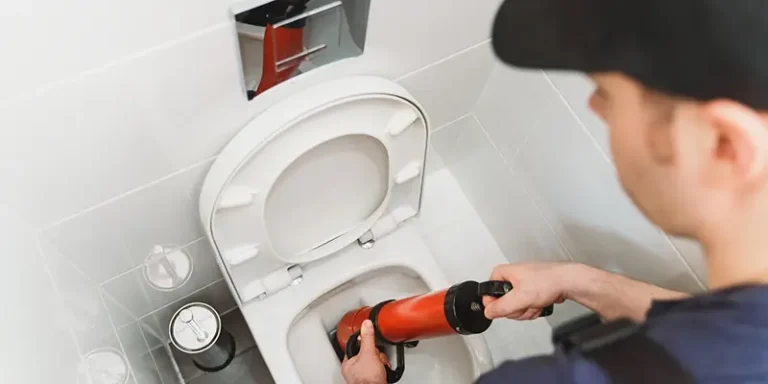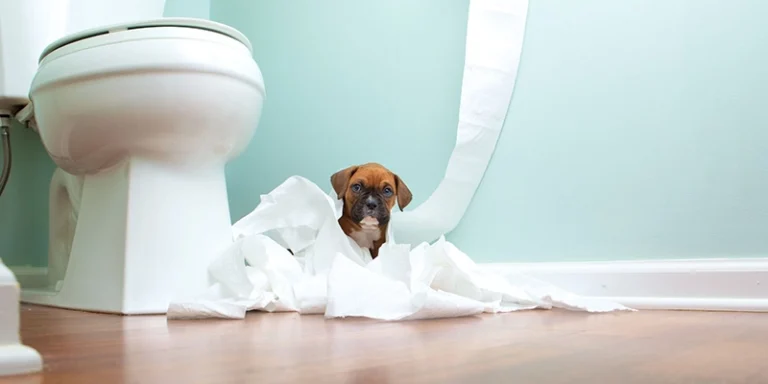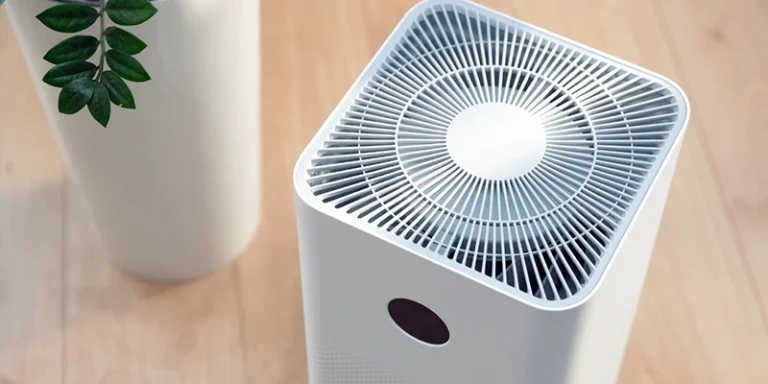Drain pipes play an important function in the home, requiring some attention to ensure that they continue to work properly. Without this, blockages may occur and become difficult and costly to rectify.
This article will briefly discuss what you can safely pour down your drains and also look at common items that shouldn’t be.
Can You Pour Oil Down the Drain?
Cooking oil and grease are some of the most common items used in the home, especially in the kitchen, so we’ve given them special attention.
These cooking essentials can damage your home or building’s pipe system and impact your area’s sewage system and wastewater treatment plant.
When disposing of cooking oil, it is important to remember that it hardens when the oil cools, which can easily cause oil clogs in your pipes.
What Happens When Oil Is Poured Down the Drain
When you pour grease, cooking oil, or other food waste down the drain, it clings to the sides of pipes, narrowing the pipe’s diameter and eventually causing oil clogs.
Waste cooking oil and cooking grease are not only harmful to your pipes, though. Once they are poured down the drain pipes, they make their way through the pipes and into the local sewer lines, where it mixes with the entire area’s wastewater, including other chemicals and liquid waste.
This causes the used cooking oil to break down into its parts to form glycerin. This substance then combines with calcium and sewer waste creating a soapy compound that remains in the sewer lines.
When water levels rise in the sewer, this compound acts similarly to the way it would in the pipes in your home and begins to stick to the roof and walls of the sewer and can create major environmental issues.
In addition, these blockages or “fatbergs” may also block water treatment processes which may become detrimental to the community, environment, and general water supply.
How to Properly Dispose of Used Cooking Oil
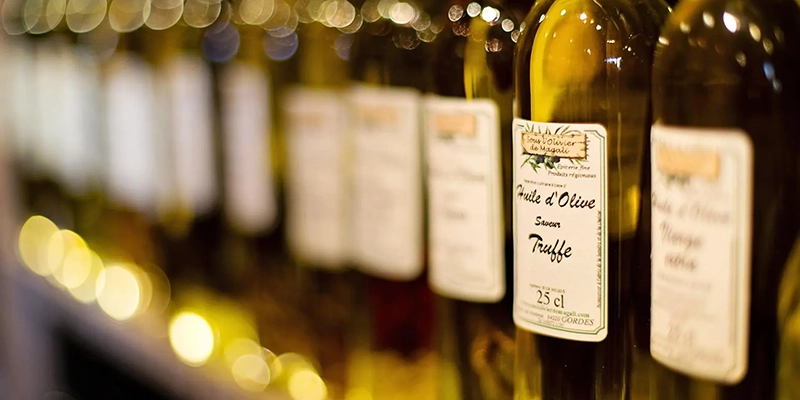
Getting rid of cooking oils the wrong way may attract pests. Therefore, having a specific method to dispose of cooking oil will ensure that you get the most out of your oil and dispose of it in the best way for your home and the environment.
Here are a few cooking oil disposal methods:
Contain and Toss Into the Trash Bin
- Once you’re done cooking, let the oil cool, then pour the leftover oil into a disposable container, seal the container lid, and toss it into the trash bin or garbage disposal.
Store and Reuse Oil
- Generally, you can reuse cooking oil if it doesn’t smell bad or contain black sediment. Allow the hot oil to cool completely before running it through a filter or paper towel and storing it in the fridge.
- A final alternative is to use a local recycling center to dispose of cooking oil. Certain centers may treat the oil to convert it into alternative fuel.
- This method may be a little more inconvenient, but it is the best one to dispose of cooking oil.
What Should I Do if I Pour Oil Down the Drain?
Oily dishes and some food waste are unavoidable and will find their way into your kitchen sink. In such a scenario, do not allow grease to get into the drain. However, if it does make it into your drain, here is a quick list of ways to remove oil clogs from the sink:
Pour hot water down the drain – Hot water will help break up the oil’s fatty acids and allow it to pass through easily.
Vinegar and baking soda – One of the oldest and most effective remedies. Pour half a cup of baking soda followed by half a cup of white vinegar down the drain pipe. The components of the vinegar and baking soda dissolve fatty acids extremely well. You can also follow this mixture with more hot water if you prefer.
Use a snake or drum auger – This is only recommended for severely clogged drains and requires little know-how.
Other Common Items
While oil and fatty food particles are the most common culprits behind home and business drainage issues, a few other common substances can easily cause and aid blockages.
Here are some of the other items that should never be introduced to your drains:
- Eggshells
- Flour
- Medication and chemicals
- Plastic and paper products
Conclusion
Drain blockages form when oil and other greasy substances are introduced to pipes and begin settling. It also causes foreign objects such as hair, waste, and other food to become easily lodged and reduces the amount of space in pipes to allow easy flow.
Almost all drain blockages can be easily prevented by simply monitoring what is passed through the drain and keeping an eye out for any signs that indicate a potential blockage.
Take a look at the list of home repairs related articles below to learn more about what you can do to maintain and improve your home.
- Are Stinky Sewer Smells Wafting Out of Your Drains?
- How to Snake a Drain
- Cost of a Plumber to Snake a Drain in 2022 in Nevada

